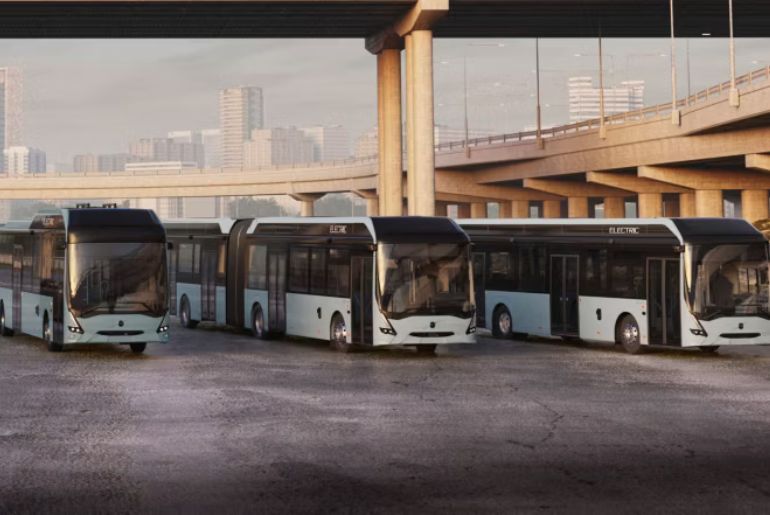With the introduction of the brand-new Volvo 8900 Electric and the updated Volvo 7900 Electric, Volvo Buses is offering a wider selection of electric transportation options to its European clientele. In keeping with the region’s rising emphasis on environmentally friendly public transportation, this new portfolio, when combined with the Volvo BZL and BZR platforms, offers flexible and sustainable solutions for city, intercity, and commuter services.
Based on the global Volvo BZR platform, the Volvo 8900 Electric is a low-entry bus with adaptable operation for commuter, intercity, and city transportation. It can accommodate up to 110 passengers and comes in two- or three-axle models. One or two electric motors with a maximum output of 400 kW, or around 540 horsepower, can be installed in the vehicle. With a maximum capacity of 540 kWh, the modular battery system offers flexible energy options for different route needs.
Volvo Buses is introducing an enhanced version of the well-liked Volvo 7900 Electric, including its articulated variation, in addition to the new 8900 model. A revamped driver’s environment with an intuitive instrument cluster that reduces distractions is one among the improved elements for driver comfort that have been added to the low-floor 7900 model, which has been successful in 25 countries.
The vehicle bodies for these models will be made by Volvo’s partner MCV in Egypt, while the chassis will be made at Volvo Buses’ factory in Borås, Sweden. Additionally, MCV is constructing a brand-new production plant just for the manufacture of fully electric buses. The Volvo 7900 Electric is scheduled to go into production in early 2025, while the Volvo 8900 Electric is scheduled to go into production in mid-2025.

